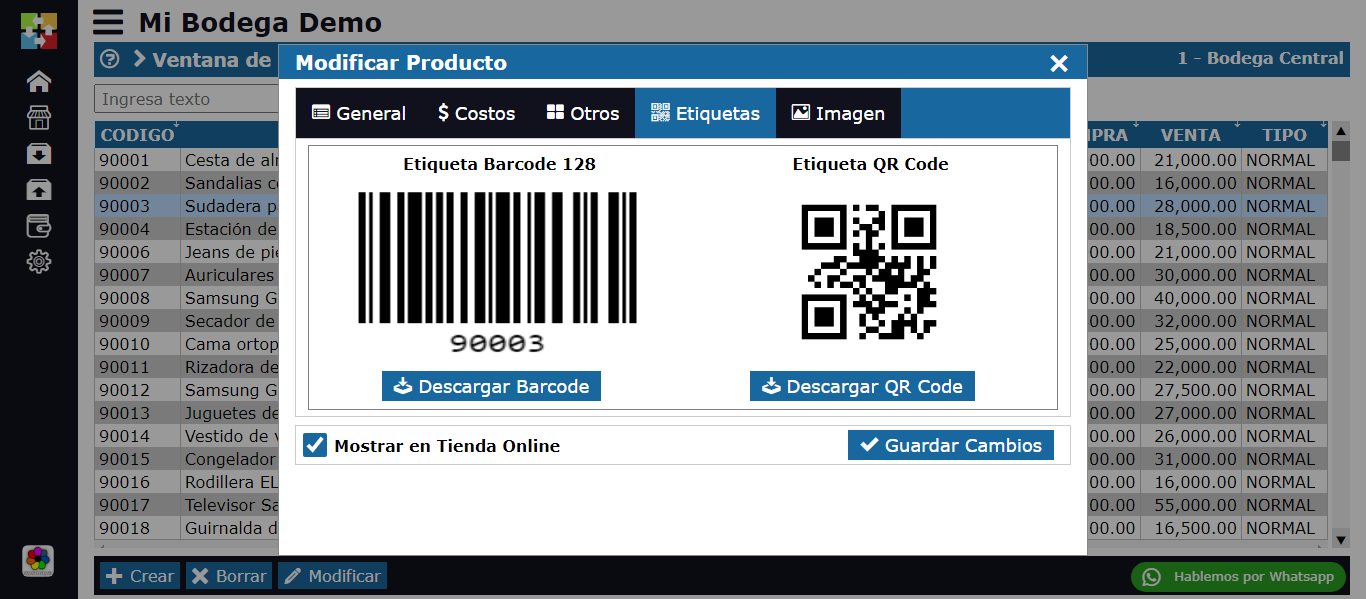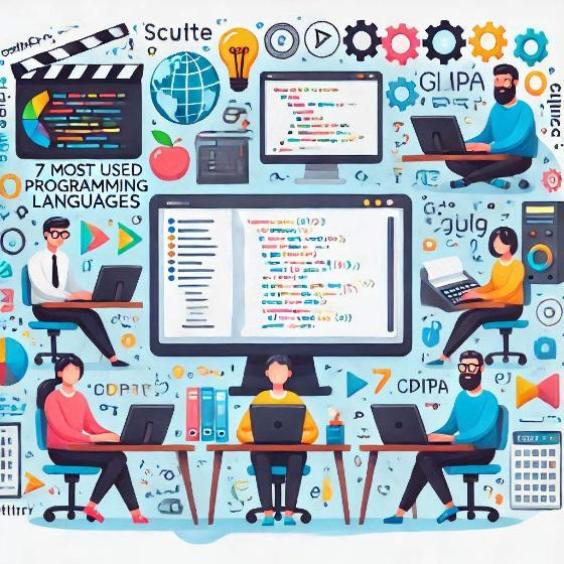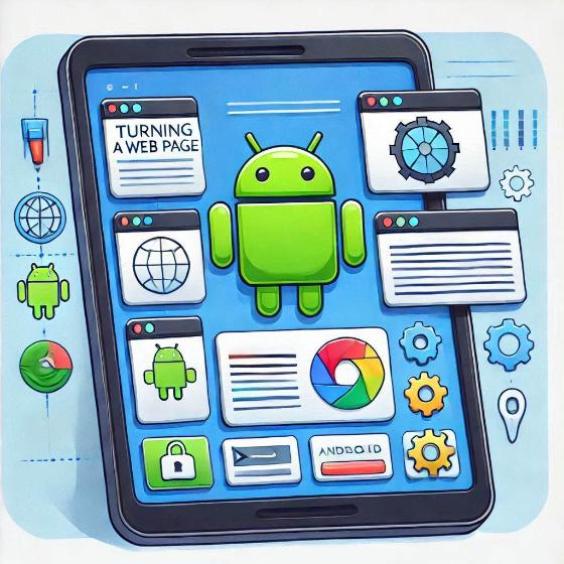Accounting in the Digital Age: Evolution, Impact and Future
The digital era has revolutionized practically all aspects of business life, and accounting has not been the exception. The transition to automated accounting systems, the development of specialized software, and the emergence of emerging technologies such as artificial intelligence (AI) and blockchain have transformed the way companies manage their finances. In this article, we will explore the evolution of accounting in the digital era, its impact on small and large businesses, and what the future holds for this discipline.

The Transition to Automated Accounting Systems
The computerization of accounting, which began in the 20th century, has advanced at a giant pace in recent decades. Spreadsheets and manual records have given way to automated accounting systems that not only record transactions but also analyze data, generate financial reports, and facilitate decision-making in real-time.
These automated systems have significantly improved the accuracy and efficiency of accounting operations. It is no longer necessary to dedicate hours to repetitive tasks such as bank reconciliation or tax calculation; accounting software can do it in a matter of seconds, minimizing the risk of human error.
Additionally, automation has allowed accounting to be integrated with other areas of the company, such as inventory management, sales, and human resources. This integration has given rise to ERP (Enterprise Resource Planning) solutions that centralize the management of all business information in a single system, facilitating a more complete and coherent view of the business.
Accounting Software and its Impact on Small and Large Businesses
The development of accounting software has democratized access to advanced financial management tools. Before the digital era, only large companies could afford to hire accountants and auditors to manage their finances. However, with the emergence of affordable and easy-to-use software, such as QuickBooks, Xero, and our own Inventarios1A, even small businesses can manage their finances professionally.
For small businesses, this software has been a radical change. It allows them to keep a rigorous control of their income, expenses, and cash flow without the need for a complete accounting department. Additionally, cloud software has facilitated access to these data from anywhere and at any time, which is especially useful for entrepreneurs and small business owners who need to make decisions on the go.
As for large companies, accounting software has been key to managing the complexity of their financial operations. Multinationals, in particular, benefit from systems that can handle multiple currencies, international accounting standards, and the consolidation of financial reports from different subsidiaries. Additionally, advanced solutions allow for the automation of internal audits and regulatory compliance, significantly reducing costs and time associated with these activities.
The Future of Accounting: Artificial Intelligence and Blockchain
Looking to the future, two emerging technologies are destined to revolutionize accounting even further: artificial intelligence (AI) and blockchain.
Artificial Intelligence (AI): AI is already beginning to change accounting, enabling predictive analysis, automation of complex tasks, and fraud detection. With AI, accounting systems can analyze large volumes of data to identify patterns, predict financial trends, and provide data-driven recommendations for strategic decision-making. Additionally, AI can automate tasks that require human judgment, such as transaction categorization, further increasing efficiency.
Blockchain: Blockchain promises to transform accounting by offering an immutable, transparent, and decentralized recording system. In a blockchain-based accounting system, each transaction is recorded in a "block" that is visible to all authorized parties, and once a block has been added to the chain, it cannot be altered. This not only reduces the risk of fraud and errors but also simplifies audits and regulatory compliance. Companies are already exploring the use of blockchain to improve transaction traceability and to manage smart contracts that are executed automatically when certain conditions are met.
The digital era has brought about an unprecedented evolution in accounting. From the automation of basic tasks to the adoption of advanced technologies such as AI and blockchain, accounting has gone from being a manual and laborious process to becoming a dynamic and strategic discipline.
As these technologies continue to develop, we can expect accounting to become even more accurate, efficient, and secure. Companies of all sizes, from small startups to large multinationals, will benefit from these innovations, which will not only improve financial management but also open up new opportunities for growth and global expansion.
At Inventarios1A, we are committed to integrating these emerging technologies into our solutions, ensuring that our users are always at the forefront of accounting evolution in the digital era.





